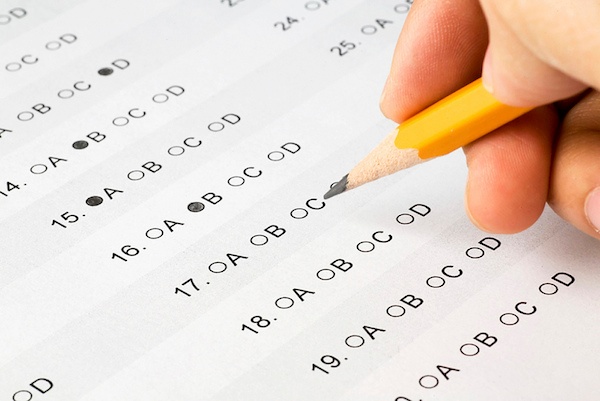To completely prepare for the ACT, you must spend time taking official ACT tests in the same conditions that you’ll face on the day of the real thing.
But what if you’re stuck on a concept that you just can’t seem to quite wrap your head around? Or what if you gone through many of the available practice tests already, but still would like to keep working on your skills? The great news is that there are many other ways to effectively study the concepts being tested on the ACT!
In this article, I’ll talk about what alternative practice ACT resources are good for, and how to use them best when preparing for the test. Then, I’ll also go through the ACT section by section and lay out all the available alternative resources. By the end of this post, you'll have a huge stock of extra practice material to help you prep for the ACT.
























